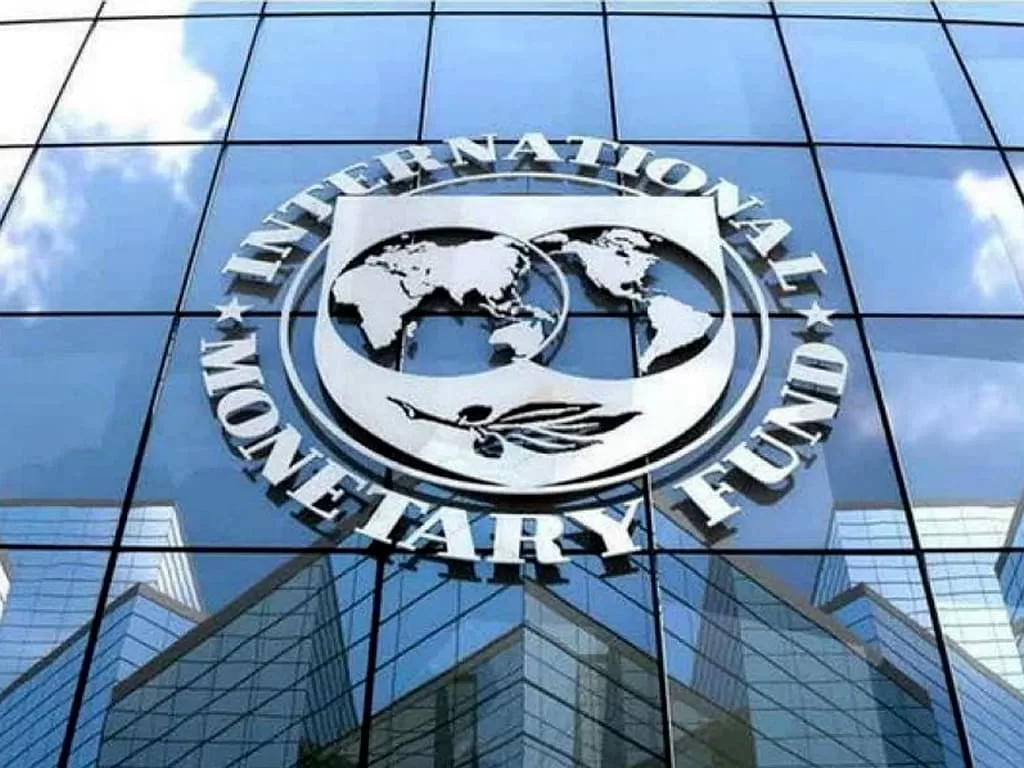The growing financial deficit in Africa is a thing of concern and this was highlighted at the recent IMF-World Bank meetings, which called for financial reforms ahead of COP29.
Global leaders must deliver commitments to help these countries overcome financial deficit in Africa, build resilience and promote sustainable growth.
Will the international community support Africa in its fight for a sustainable future?

As the 2024 IMF-World Bank meetings unfolded, urgency charged the atmosphere, particularly for African nations at the forefront of climate challenges.
With COP29 on the horizon, expectations soared for meaningful outcomes that would bolster climate finance and support the continent’s resilience.
Leaders from Africa gathered, acutely aware that their voices must resonate amid global discussions on rising debt and financial gaps.
However, as the meetings progressed, it became clear that concrete solutions were scarce, and progress was painfully slow.
In a separate session, G20 finance ministers convened, issuing a communiqué that emphasised the pressing need for reforming Multilateral Development Banks (MDBs).
Calls For Urgent Reform
Their focus was on improving support for countries grappling with climate and economic instability, many of which were in Africa.
Read More; Moody’s Highlights Hidden Risks In COVID-19 Loan Exposure Among Nigerian Banks
Moreover, African leaders articulated the critical nature of the moment.
They understood that the decisions made here would directly affect their ability to secure vital climate finance at COP29.
Consequently, a promising development emerged: a roadmap for MDB reform aimed at equipping these institutions to better respond to global crises.
Furthermore, the World Bank announced plans to unlock $150 billion for the International Bank for Reconstruction and Development (IBRD) over the next decade, while nations like Spain and Latvia pledged increased financial support to the International Development Association.
However, despite these encouraging steps, leaders expressed concern over the G20’s diluted financial commitments.
Therefore, they called for stronger support to help African nations transition to a climate-resilient future.
Also, they emphasised that without comprehensive debt relief, fulfilling climate finance obligations would remain an uphill battle.

